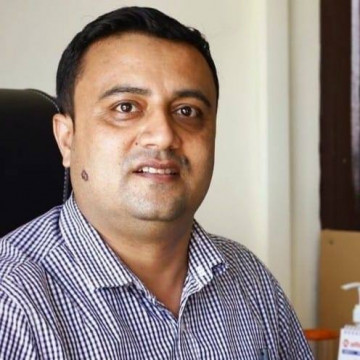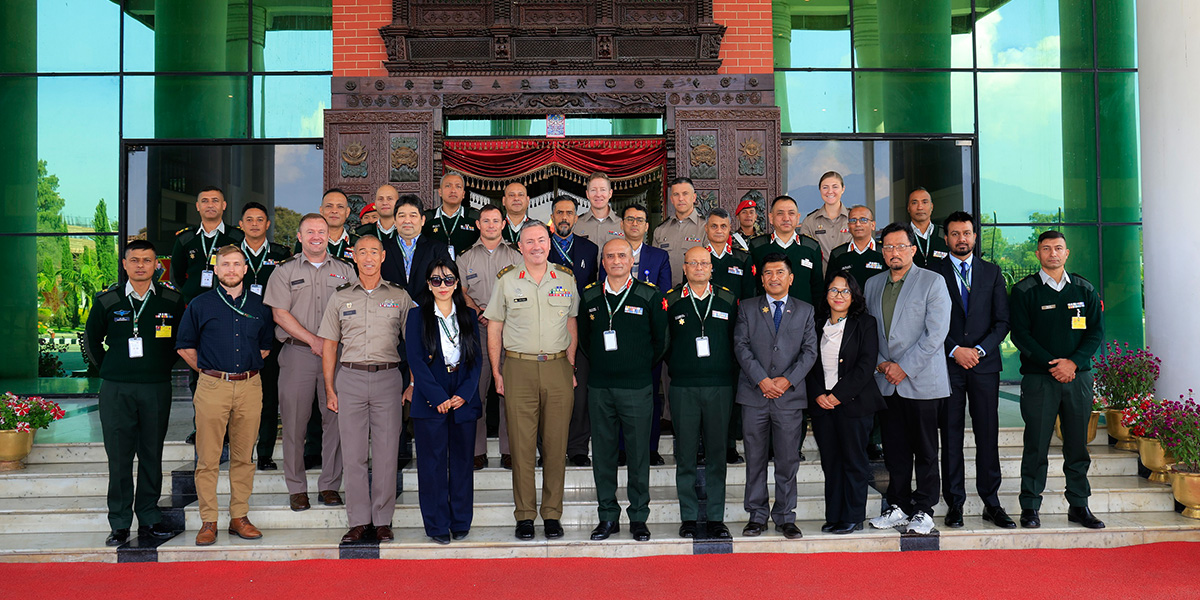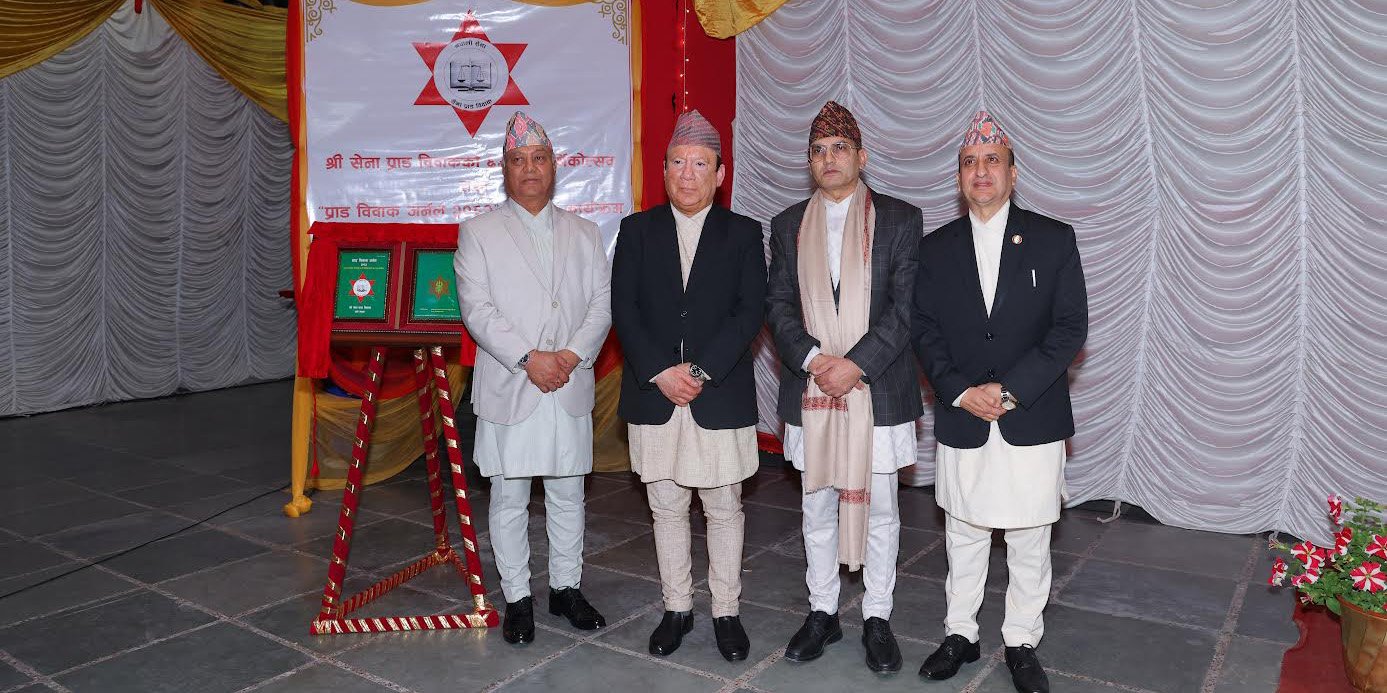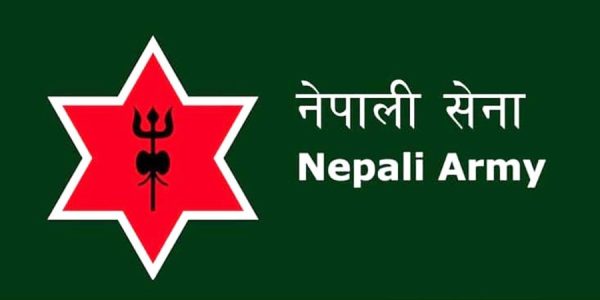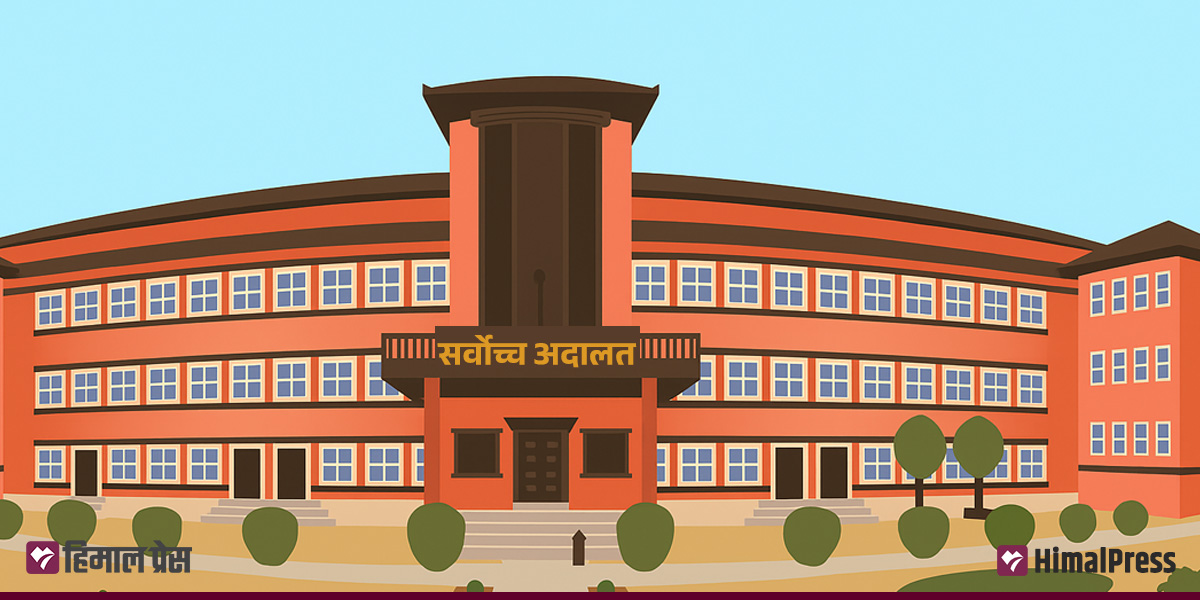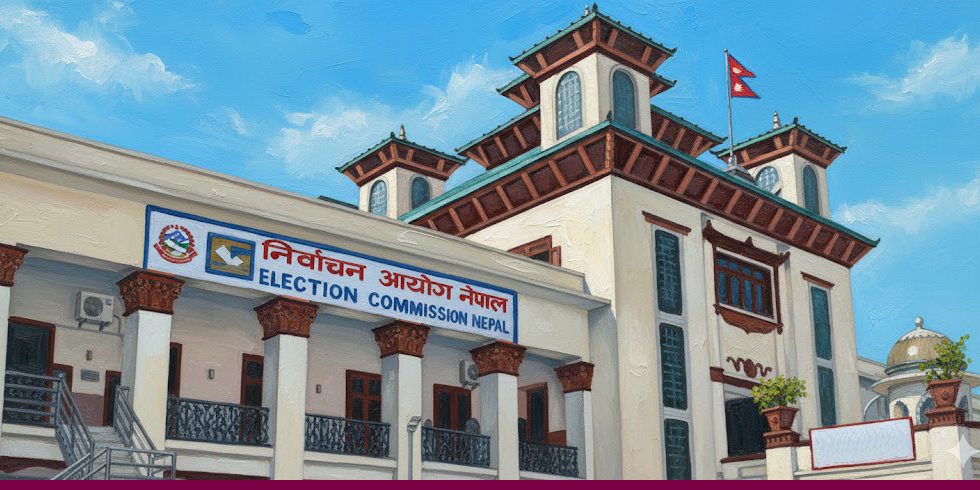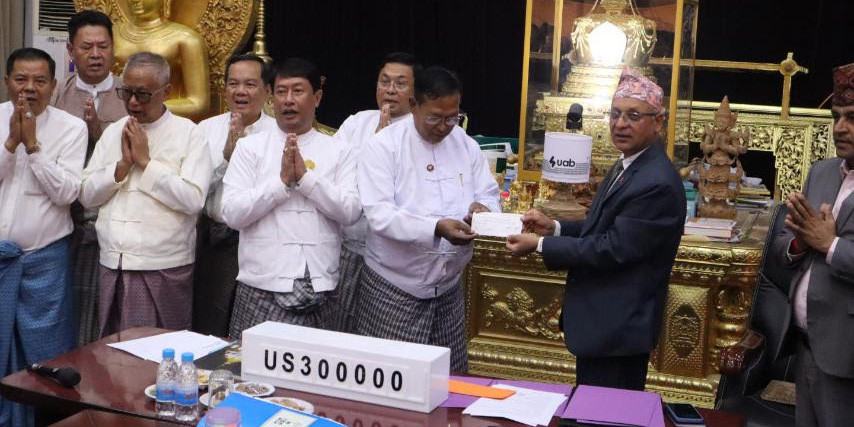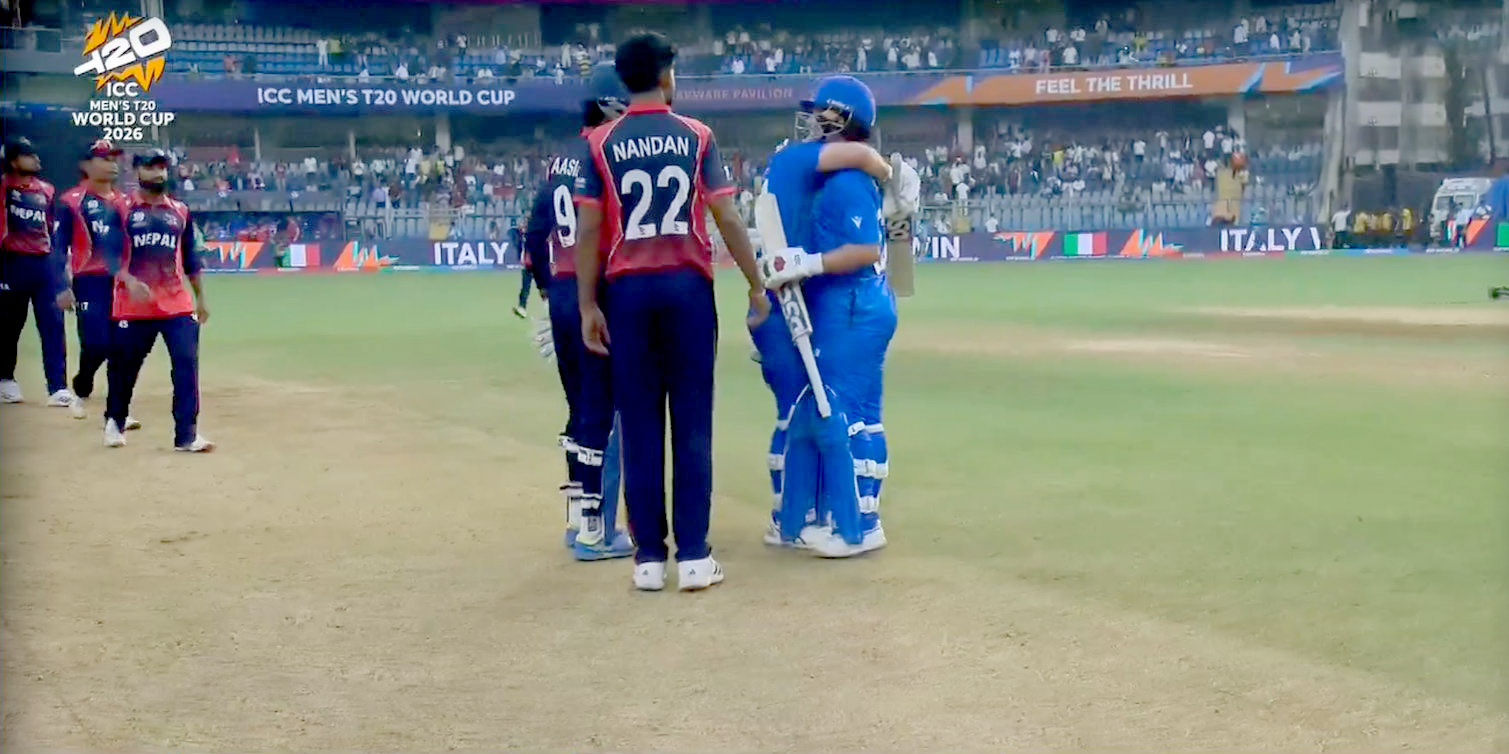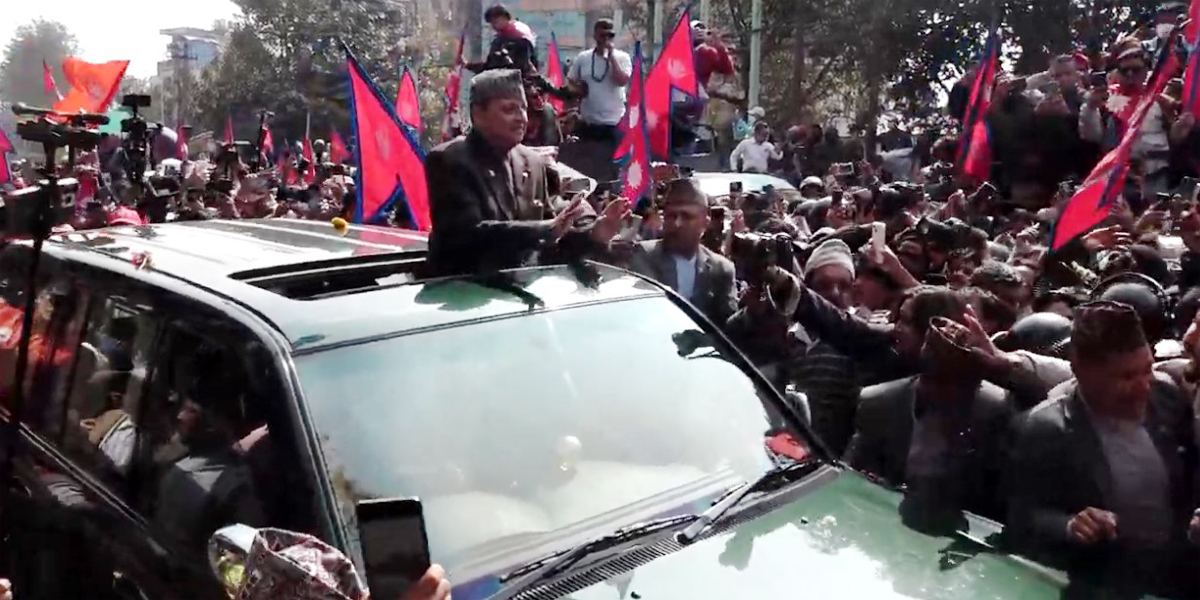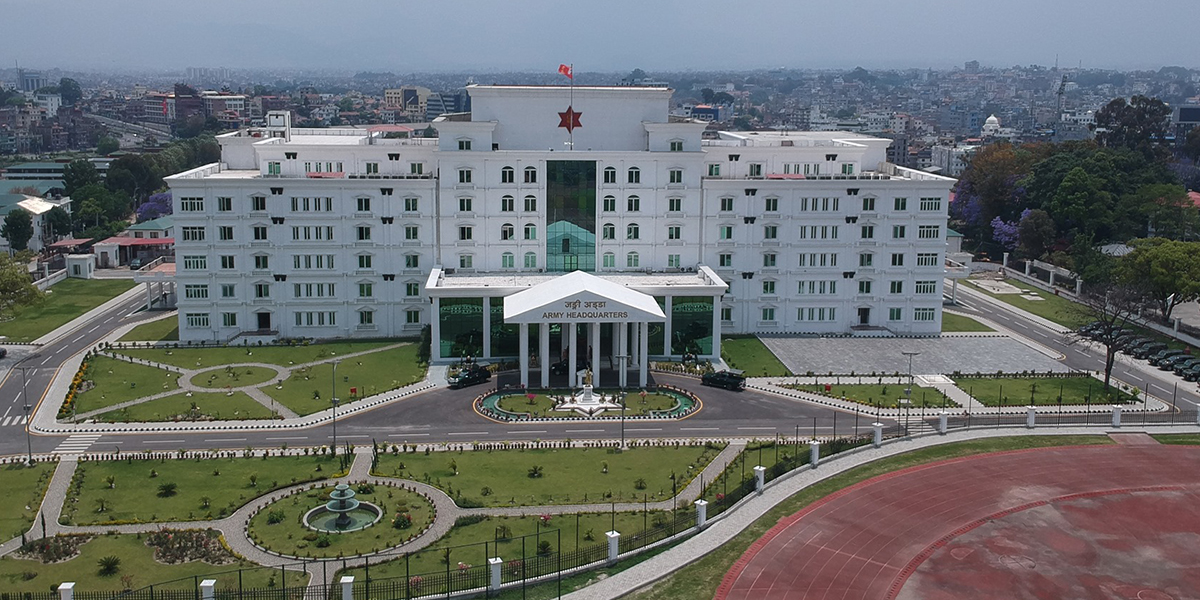
KATHMANDU: The Nepal Army headquarters is closely studying the ongoing discussions about reducing the strength of the army. An army official told Himal Press that the headquarters is keeping tabs on the discussion, as any debate on downsizing the army could negatively impact the organization’s morale.
The size of the Nepal Army came under scrutiny during discussions on the budget for the fiscal year 2023/24 in the House of Representatives. Some leaders argue that the number of army personnel was increased during the armed insurgency and that such a huge number is not necessary now. Swarnim Wagle, a member of parliament from the Rastriya Swatantra Party (RSP), is among the leaders calling for a reduction in the army’s strength.
Critics accuse Wagle of focusing solely on reducing army expenditure while neglecting the excessive spending on political appointments and the expansive political structure. “Wagle only focused on the expenditure on the army. He did not consider the expenses related to the political structure,” a retired general of the Nepal Army said. Referring to the army’s peacekeeping operations, he added that Wagle hasn’t realized that the nation would face difficulty in financing its expenses if the army doesn’t generate foreign currency.
Likewise, former foreign minister Bimala Paudyal Rai, a CPN-UML parliamentarian, has been criticized for undermining the morale of the Nepal Army by stating that it cannot fight. Army officials expressed their displeasure, highlighting that even a former foreign minister seems unaware of the accolades Nepal is receiving for its contributions to UN peacekeeping missions.
“The matter of national security is something that should not to be taken lightly. It is crucial for parliamentarians to pay close attention to this,” said the retired general.
Former Chief of Army Staff Rajendra Chhetri said it is inappropriate to make light comments about the army’s strength. “Given the responsibilities assigned to the army, the existing size is still relatively small. Calls to reduce the army’s strength without careful consideration could demoralize the force and hinder its capacity to support development efforts and provide security,” he added.
According to Chhetri, it is the government’s responsibility to determine the number of soldiers and officers for the army. “The army’s ranks are determined based on the organization and management survey conducted by the Ministry of Defense, and Ministry of Federal Affairs and General Administration, which are then discussed in the National Security Council,” he said. Chhetri also pointed out that the army is facing challenges as many posts in the organization are lying vacant. “I believe the army’s strength is still approximately 10,000 less than the approved posts. Despite this, I am hearing calls for reducing the army’s size. Such suggestions only demoralize the force,” he added.
Additionally, Chhetri said that foreign ministers should be aware of the capabilities of our forces. “How can they effectively conduct diplomacy through the United Nations if they do not recognize the strength of our armed forces?” he questioned.
The review of the army’s structure has been an ongoing process since the political changes of 2006. The army underwent structural changes during the tenure of Gaurav Shamsher Rana as Chief of Army Staff, and further developments occurred under Chhetri’s leadership. During the tenure of former Chief Purna Chandra Thapa, the army adopted the command structure. Currently, a review is underway to align with the division structure as per the provincial setup.
Chief of Army Staff Prabhu Ram Sharma has stated that only the government has the authority to determine the army’s size. Speaking at an event in Pokhara in March, Sharma dismissed opinions from ‘self-proclaimed academics and security experts from various I/NGOs’. “We recruit personnel based on the positions created by the government,” he added.
Currently, the Nepal Army has 81,277 personnel out of the approved 96,477 posts. Of the total force, 40,207 personnel are deployed for peacekeeping missions, training, and development projects, while the remaining 41,070 are assigned to operational duties.
The debate over reducing the army’s size gained prominence after the Maoist party joined the political mainstream in 2006. However, the army’s involvement in various development projects and rescue operations has convinced many that the current strength is ideal.
It may be recalled that Sri Lanka maintains an army with more than 300,000 personnel. Even during times of financial crisis, there were no calls for reducing the size of their army.
Retired General Balananda Sharma emphasized the importance for political parties and leaders to have a clear understanding of the role and significance of the security forces. He cautioned against making statements that could negatively affect the morale of soldiers merely for cheap popularity. Sharma reiterated that the army exists because the country needs it. “Many may feel that army personnel do nothing other than consume rations provided by the state. However, it is crucial to understand that every soldier has their own responsibilities, and they are all actively engaged in various duties. This is a common scenario in armies of other countries as well,” he added.
Economist and former Defense Minister Minendra Rijal expressed concern about the ongoing wrong debates regarding the army. He said leaders should refrain from making unnecessary comments about the army. “Our primary focus should be on addressing the lack of good governance and other relevant issues,” he added.
Deputy Prime Minister and Minister for Defense, Purna Bahadur Khadka, has already clarified that the strength of the army is determined by the cabinet based on recommendations from the National Security Council. He also said the existing size takes into account geographical situation, national needs, and the international scenario. “Any future decisions on the army’s strength will be based on these factors,” he said in parliament some days ago.
Nepal Army Spokesperson Krishna Prasad Bhandari stated that the army will not directly counter claims regarding its size but will express its views through various mediums. “The army remains committed to its responsibilities, and the leadership is actively working to fulfill them,” he added.

